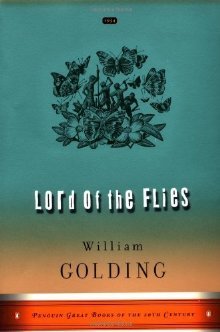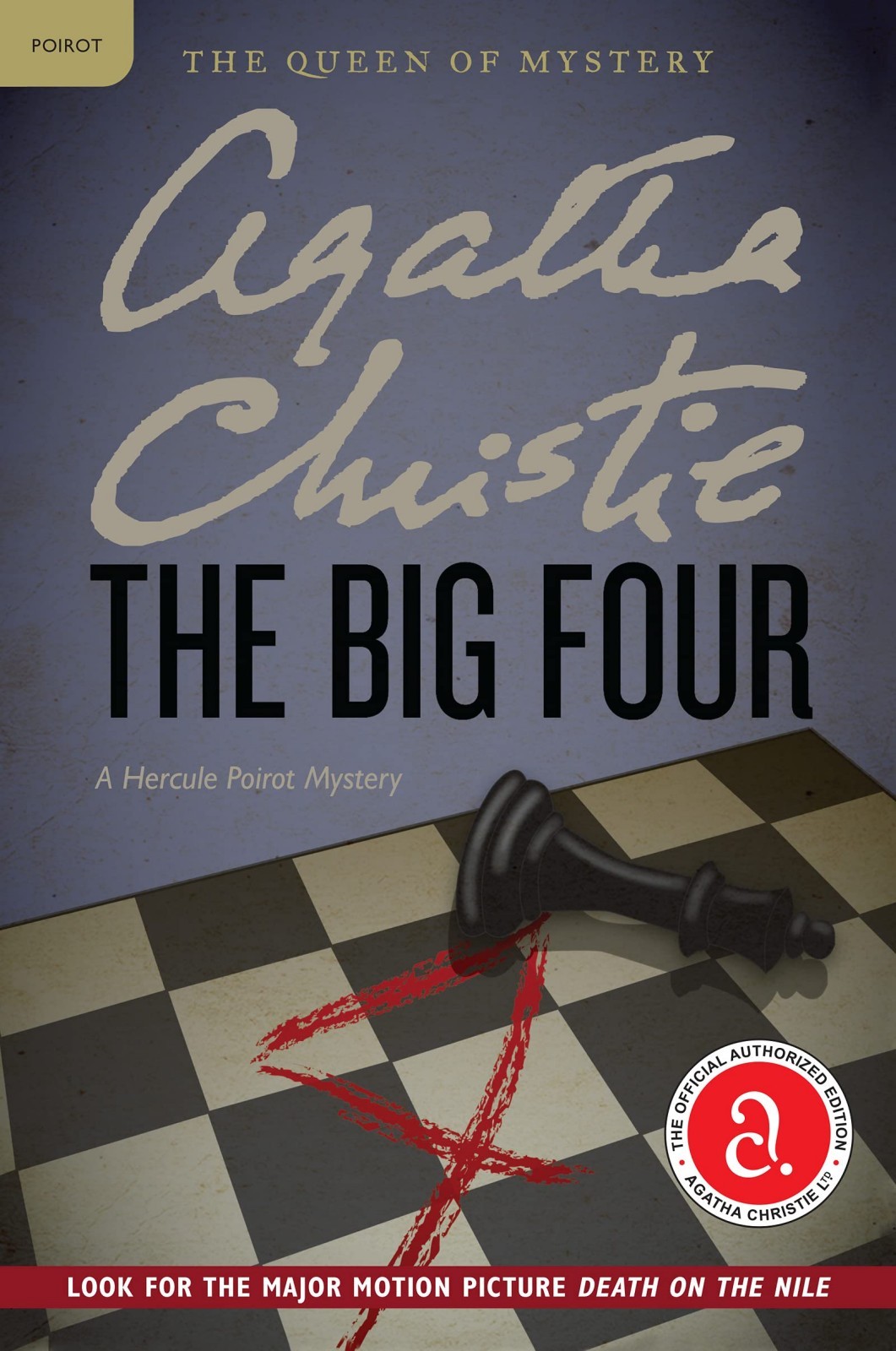Lord of the Flies
Title: Lord of the Flies

Author: William Golding
Published in: 1954
Date read: 29th July 2021
Score: 5/5
Genre: Classic, Fantasy, Dystopian
Plot: (Warning, may contain spoilers):
"Lord of the Flies" by William Golding, published in 1954, is a classic dystopian novel and an allegorical work that explores the darker side of human nature, the fragility of civilization, and the inherent savagery that can emerge when societal rules and adult authority are removed.
The story begins with a group of British schoolboys, evacuated from England during a futuristic (or perhaps alternative-history) atomic war, whose plane crashes on an uninhabited tropical island. There are no adult survivors, leaving the boys, ranging in age from about six to twelve, to fend for themselves.
Initially, the boys attempt to establish a semblance of order and civility. Ralph, charismatic and sensible, is elected their leader. He attempts to create a miniature society with rules:
The Conch: A large conch shell is found and established as a symbol of order and authority. Whoever holds the conch has the right to speak, and others must listen.
Shelters: Ralph prioritizes building sturdy shelters for protection.
Signal Fire: The most crucial rule is to maintain a signal fire on the highest point of the island, hoping to attract passing ships and secure rescue. This symbolizes their connection to civilization.
Assisting Ralph, often reluctantly, is Piggy, a pudgy, asthmatic, and highly intelligent boy who represents intellect, reason, and scientific thought. However, Piggy is often ridiculed and lacks the physical and social prowess to gain respect among the other boys.
Opposing Ralph's efforts to maintain order is Jack Merridew, the leader of the choirboys, who quickly asserts himself as the leader of the hunters. Jack represents the primal, instinctual, and authoritarian aspects of human nature. He is drawn to the thrill of the hunt, the allure of power, and the freedom from rules.
As time progresses, the fragile veneer of civilization begins to crack. The boys become increasingly fascinated by hunting and less interested in maintaining the signal fire or building shelters. The "beastie," an imaginary monster that the younger boys (the "littluns") fear, becomes a potent symbol of their growing, internal savagery. Jack expertly manipulates this fear to gain control, promising protection and meat.
The group gradually splits. Jack leads a growing faction of boys who abandon rationality for primal urges. They paint their faces, engage in ritualistic chants, and descend into barbarism, finding exhilaration in the hunt and the exercise of raw power. Ralph, Piggy, and a few loyal boys struggle to uphold the principles of democracy and reason, but their influence wanes.
The conflict between Ralph's civility and Jack's savagery escalates dramatically. The boys' fear of the "beast" becomes intertwined with their own inherent brutality, culminating in horrifying acts of violence:
Simon, a quiet, mystical, and insightful boy who discovers the true nature of the "beast" (a rotting pig's head on a stick, the "Lord of the Flies," symbolizing the evil within themselves), is brutally murdered by the frenzied mob.
Piggy is ultimately killed, representing the complete triumph of savagery over intellect and reason.
By the end, Ralph is hunted by Jack's tribe like an animal, as the island is engulfed in a destructive fire set by the boys. The arrival of a British naval officer, who is horrified by the scene of painted savages and a burning island, brings an abrupt return to "civilization," but the profound loss of innocence and the dark revelation of human potential for evil remain.
"Lord of the Flies" is a powerful allegory about the inherent depravity of humankind when stripped of societal constraints, illustrating how easily order can devolve into chaos, and reason can be subsumed by primal instinct and fear.
Comments:
I read this, at the age of 42 to see why schools make kids study it. My school didn't when I was of age. I get it now, a brilliant story and told very well. You get the sense that every author of a similar theme has read this first and been heavily influenced.
Books that we've read by William Golding (1):
Lord of the Flies (1954)
This page was updated on: 27th July 2025

